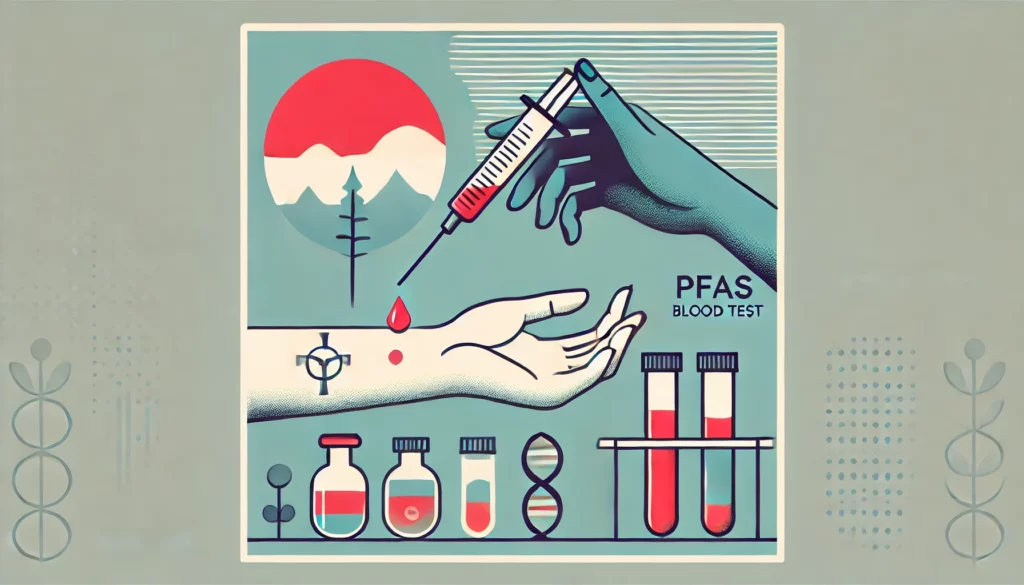24.09.2024 | Grondrecht
Onderschatting van de resultaten van PFAS-analyses in Wallonië: wat zijn de gevolgen voor de betrokken burgers?
De recente fout in de PFAS-bloedtestresultaten heeft verregaande gevolgen voor de getroffen inwoners van Chièvres, Ronquières en Nandrin. Door een technisch probleem bij de conservering van bloedmonsters – specifiek tijdens het invriezen van de bloedstalen – zijn de PFAS-niveaus in de analyses onderschat, met fluctuaties van 30% tot 90%.
De recente fout in de PFAS-bloedtestresultaten heeft verregaande gevolgen voor de getroffen inwoners van Chièvres, Ronquières en Nandrin. Door een technisch probleem bij de conservering van bloedmonsters – specifiek tijdens het invriezen van de bloedstalen – zijn de PFAS-niveaus in de analyses onderschat, met fluctuaties van 30% tot 90%. Deze vergissing betekent dat de ernst van de blootstelling aan PFAS, die aanzienlijke gezondheidsrisico’s kan inhouden, aanvankelijk onvolledig is overgebracht.
Gezondheidsgevolgen en zorgtraject
PFAS-waarden onder 2 microgram per liter zijn volgens experts ongevaarlijk, zelfs als de resultaten verdubbeld zouden worden. Voor mensen met resultaten tussen 2 en 20 microgram per liter kan de onderschatting echter betekenen dat ze mogelijk boven de 20 microgram per liter komen, een niveau waarvoor medische opvolging wordt aangeraden. Degenen die al boven deze drempel zaten, worden hierdoor als nog meer blootgesteld beschouwd dan aanvankelijk gedacht, wat de noodzaak van een grondig zorgtraject bevestigt.
Impact op vertrouwen en verdere stappen
Het is begrijpelijk dat deze situatie zorgen en vragen oproept bij de getroffen burgers. Het gewest plant ontmoetingen met de betrokken inwoners en biedt psychologische ondersteuning aan via de ISSep. Verder worden nieuwe bloedtesten georganiseerd om nauwkeurigere resultaten te garanderen. Deze situatie benadrukt het belang van transparantie en vertrouwen in volksgezondheidsmaatregelen, waarbij een consistent zorgtraject essentieel is om verdere gezondheidsproblemen te monitoren en te beheren.
Langetermijnoplossingen en verantwoordelijkheden
Yves Coppieters heeft aangegeven dat de fout ligt bij technische processen tussen ISSep en het laboratorium, zonder directe politieke aansprakelijkheid. Desondanks zal deze kwestie waarschijnlijk leiden tot een evaluatie van de protocollen voor het bewaren en testen van bloedmonsters om toekomstige fouten te voorkomen en het vertrouwen van het publiek te herstellen in de volksgezondheidsdiensten.



